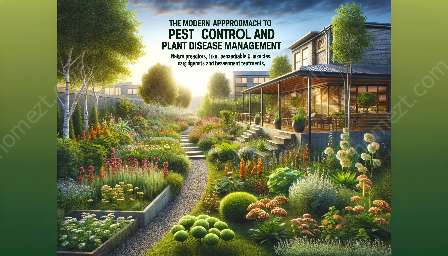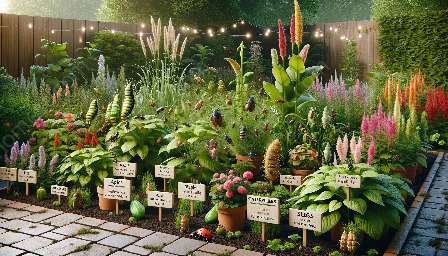Gardening enthusiasts constantly face the challenge of managing pests that threaten the health of their plants. While traditional methods like chemical pesticides might be effective, they can have a negative impact on the environment and human health. As a result, many gardeners are turning to biological controls as an attractive and real way to manage garden pests.
Understanding Biological Controls
Biological controls involve the use of natural enemies, such as predators, parasites, and pathogens, to manage pest populations in a garden. These biological controls can help maintain the balance of nature and reduce the reliance on harmful chemicals.
Types of Biological Controls
Predators: Predatory insects like ladybugs, lacewings, and praying mantises can be introduced into the garden to feed on harmful pests such as aphids, mites, and caterpillars, providing a natural pest control solution.
Parasites: Parasitic wasps, nematodes, and other organisms lay their eggs on or inside the pests, which eventually kill them, making them an effective method for controlling certain garden pests.
Pathogens: Some bacteria, fungi, and viruses can be used as biological controls to infect and kill specific pests. These microbial agents can help manage diseases in plants and reduce the spread of plant pathogens.
Benefits of Biological Controls
Biological controls offer several advantages for gardeners. They are environmentally friendly, as they do not leave harmful residues on plants or in the soil. Furthermore, they help maintain biodiversity and conserve natural habitats by supporting beneficial insects and microorganisms.
Moreover, using biological controls can contribute to the overall health of the garden, as they can specifically target pests while minimizing harm to beneficial insects like bees and butterflies.
Integration with Pest Control and Plant Diseases
Biological controls play a significant role in the broader context of pest control and plant diseases. By utilizing natural predators and parasites, gardeners can manage pest populations without compromising the health and safety of their plants.
In addition, biological controls can help prevent the development of resistance in pests, which can occur with the repeated use of chemical pesticides. This integrated approach to pest management contributes to the sustainable and long-term health of the garden.
Implementing Biological Controls in the Garden
When considering the use of biological controls, it's essential for gardeners to thoroughly research the specific pests they are dealing with and the natural enemies that can effectively control them. Careful planning and consideration of the garden ecosystem are necessary to ensure the success of biological control methods.
Furthermore, maintaining a healthy garden environment, providing suitable habitats for beneficial insects, and minimizing stress on plants can enhance the effectiveness of biological controls in managing garden pests.
Conclusion
Biological controls offer a sustainable and environmentally friendly approach to managing garden pests, while also contributing to the overall health and biodiversity of the garden. By integrating biological controls with pest control and plant disease management, gardeners can create a thriving and balanced ecosystem that promotes the well-being of their plants.



















